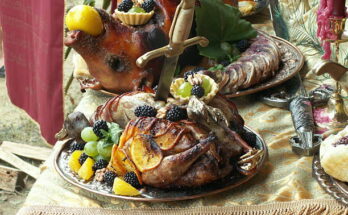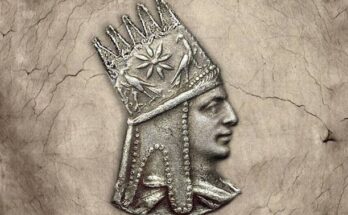How to become a good historian: Your history Guide
To find the answers to all kinds of historical questions, historians research the past and examine the available evidence. Even though many historians are academics with advanced degrees, it is also feasible to become one by developing a set of talents outside of the conventional classroom. Its never late to become a historian. When one become a historian, the person is knowledgeable.
Get a degree in history or a related field from a college: become historian

IMAGE CREDITS: istockphoto.com
At the college level, majoring in history is recommended, but degrees in English, legal studies, or other humanities or social science fields can also be helpful. A B.A. is a requirement for pursuing a career as a professional historian. Transferring to graduate school or finding a job in the real world will be made simpler by getting into a top university and maintaining a good GPA. Take use of whatever chances you have to set yourself apart as a history expert, such writing an honors thesis. Even if you decide on a major unrelated to history, make sure to schedule many history classes.
It’s crucial to sign up for classes where you’ll have the chance to conduct research using resources from earlier eras. Plan your courses such that you will have repeated contact with the same professors before your senior year. This makes it simpler for them to compose strong letters of recommendation for you.
Concentrate on a period of interest in history: become historian
Start paying attention to the historical eras, locales, or topics that interest you as an undergraduate. Consider asking yourself which historical mysteries pique your interest. If you decide to pursue a graduate degree, you will have plenty of time to focus your studies in further detail after college.
For instance, you could want to concentrate on the minute particulars of people’s lives. Or maybe you’ll want to research a specific era, like the 1950s.
Enroll in graduate program: become historian

IMAGE CREDITS: istockphoto.com
Choose whether you wish to enroll in a doctoral (PhD-granting) program or a master’s program alone. By speaking with your undergraduate teachers and sending emails to active historians and potential mentors, you can research potential schools. Prepare and submit your application package, which should include all necessary documents such as your GRE results, the application fee, a letter of introduction, a sample of your writing, and any letters of recommendation.
Obtain letters of recommendation from the professors who know you the best
By researching the educational backgrounds of your favorite historians, you can further reduce the number of schools you are considering.
One of your undergraduate teachers might offer to put you in touch with another professor to find out about graduate programs. If they volunteer to help you with this, thank them and accept their assistance.
Ace your graduate-level curriculum: become historian

IMAGE CREDITS: istockphoto.com
For the first two to three years of any program, you’ll often take both colloquia (reading and analysis classes) and seminars (research and writing classes). Make sure to give these courses your full attention in order to achieve excellent grades. An “A” or “A+” is a good grade, however a “B” can indicate that you need to work harder.
Try to enroll in courses that are both related to your particular historical interests and unrelated to them. This will provide you with a solid base of knowledge for your teaching or research.
Pass your thorough exams
Following the completion of your curriculum, you will take qualifying tests, commonly known as comprehensive exams or “comps.” These tests typically consist of two components: an oral examination and a collection of written essays. They are made to cover the material you have already mastered in your graduate-level history studies.
After passing, you move on to the “ABD” or “All But Dissertation” stage.
Create a dissertation or a thesis
IMAGE CREDITS: Unsplash.com
You must use original resources to finish your thesis project if you are a master’s student. If you are enrolled in a PhD program, your dissertation will be a book-length piece that shows your command of your field and your capacity for utilizing sources. The completion time could be three years or longer.
You will have at least one academic mentor or advisor who will oversee the progress of your study and provide expert guidance as you go through graduate school.
A dissertation is longer than a master’s thesis. A dissertation might be more than 250 pages long, while a thesis might be 150 pages long.
You will typically need to visit archives and libraries as part of your research for your thesis and dissertation.
Look for chances to publish: become historian
With or without a degree, you can publish all throughout your life. Local historical periodicals are always looking for intriguing contributions from amateur historians. Aim for publications published by university presses and peer-reviewed journals as a professional historian. One obvious method to stand out in your field is to publish.
Expect a demanding publication requirement, which amounts to one journal paper every two years and a book every five or so, if you want to become a professor at a research university.
When attempting to publish, be patient. You’ll probably receive both rejections and chances to edit and resubmit.
Attend meetings and conferences

IMAGE CREDITS: istockphoto.com
Around the world, historians like congregating in conferences and meetings. A lot of these events are planned around a certain historical topic or theme, like medical history. These are fantastic chances to meet like-minded individuals and broaden your knowledge of history.
The majority of conferences issue a Call For Papers (CFP) months before the gathering. How to submit your paper for consideration is described in the CFP.
USEFUL LINKS:
Keep hovering to learn more here
See how to run your first junk shop by clicking here
Learn how to get people to invest in your product





